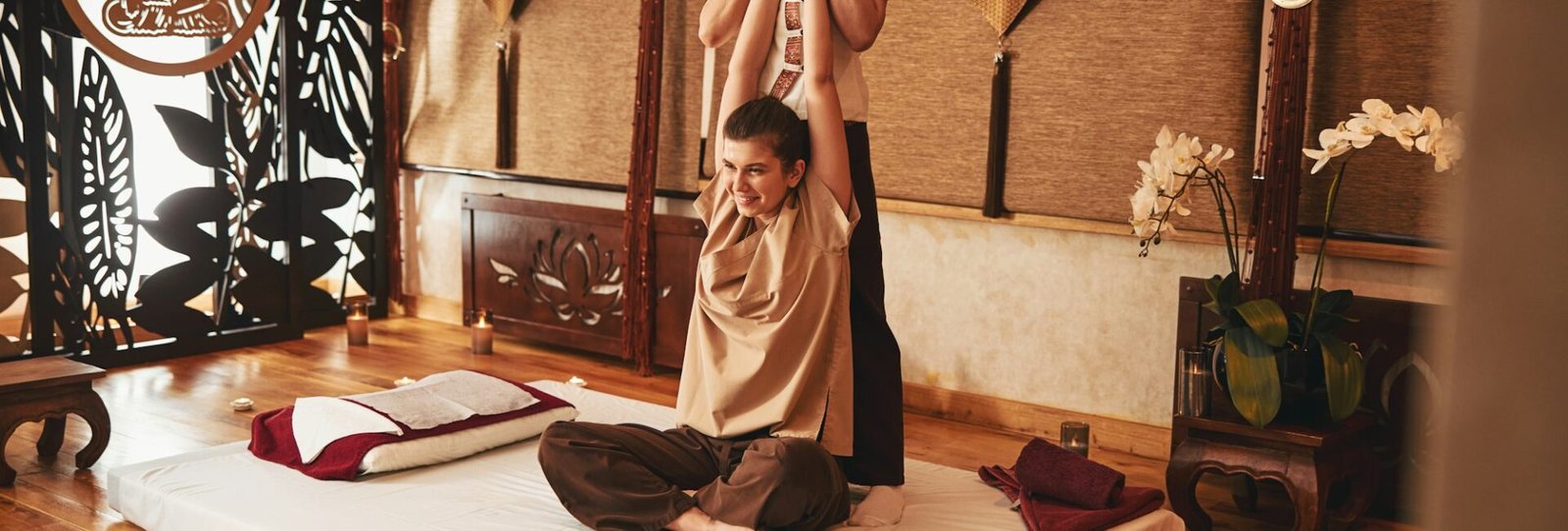
Thai massage is more than just a therapeutic treatment – it is also a deeply rooted part of Thai culture and tradition. For centuries, Thai massage has played an important role in the lives of the people of Thailand and has been passed down from generation to generation. Let’s delve into the history, traditions and cultural significance of Thai massage.
History:
Thai massage has a long history, dating back over 2,500 years. It is believed to have originated during the Ayutthaya period (1351-1767 AD) in the former kingdom of Siam, now known as Thailand. Thai massage was originally developed by Shivago Komarpaj, an Indian physician who was considered the physician of the Buddha.
Traditions:
Thai massage is based on the principles of traditional medicine and Buddhist philosophy. It is said that the body is filled with life energy, known as “lom”. The goal of Thai massage is to restore the balance and flow of “lom” in the body by working along energy lines, known as “sen”.
A traditional Thai massage session takes place on a mat on the floor, with the client lying fully clothed. The masseur uses his hands, fingers, knees, elbows and feet to perform various strokes, pressures and stretches along the client's body. The masseur also uses his own body weight to provide the necessary pressure during the massage.
Cultural significance:
Thai massage is deeply rooted in Thai culture and tradition. It is considered a holistic approach to health and well-being that improves both body and mind. Thai massage is not only a therapeutic treatment, but also a way to maintain and restore balance between body, mind and soul.
Thai massage is also an important part of the daily lives of the Thai people. It is not uncommon to see families of masseurs running businesses from their own homes, and massage has become a lucrative career for many across the country. Thai massage parlors and spas are also springing up in large numbers to meet the growing demand from both local and international visitors.
The Thai government has also promoted and maintained traditional Thai massage as part of the Thai healthcare system. There are training centers and schools that teach Thai massage techniques to preserve and pass on the traditional practice to future generations.
In Thailand, Thai massage is considered more than just a physical experience. It is a way to connect with the body and improve one's well-being. The therapeutic practice also follows the principles of respect, humility and compassion, reflecting the Buddhist values that are rooted in Thai society.
So the next time you experience Thai massage, you can appreciate the historical heritage, traditions behind it, and deep cultural significance that this therapeutic practice holds in Thailand. Thai massage is more than just a physical treatment – it is an experience of connection, balance, and well-being that is deeply embedded in Thai culture.